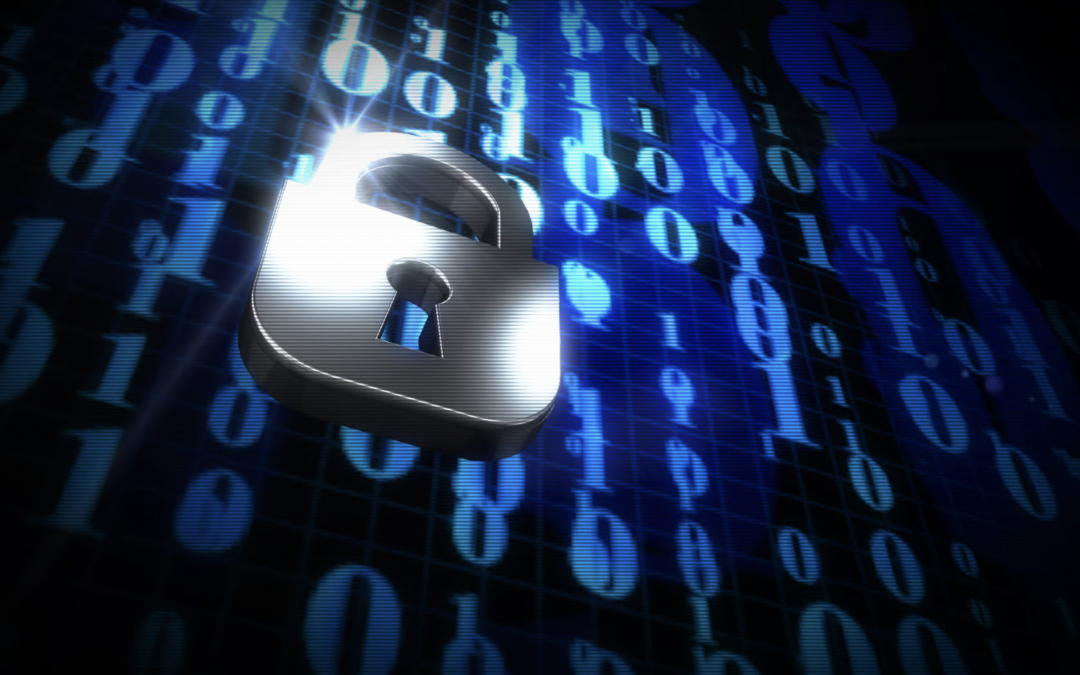By the end of 2025, the cybercrime industry is projected to cost the world $10 trillion annually. A large amount of this value will consist of the sensitive data hackers procure from their victims. Without the right data security strategy, it often only takes seconds for criminals to steal your information.
There are many online privacy risks to navigate, but there are also plenty of data breach prevention methods you can use. We have created a brief guide with the key information you need. Let us explore the data security practices to keep in mind.
Why Hackers Want Your Data
There may be no shortage of reasons why hackers strive to steal information from Internet users. User data can be sold on the black market for a substantial profit. This is the primary reason why identity theft protection is so important.
It is worth noting that some hackers wish to cause as much havoc as possible. In these cases, they do not particularly care to compromise valuable data.
Instead, they aim to disrupt systems and cause damage to hardware. Extreme scenarios could cause major accidents to occur as a result of safety systems becoming compromised.
Types of Cybersecurity Breaches
There are several different types of data breaches that target Internet users. Understanding these will allow you to better defend against them. Listed below are some of the most notable.
Phishing
This is one of the most common ways hackers steal data from their victims. Phishing involves using social engineering techniques to get people to voluntarily divulge key information.
For instance, hackers send an email posing as one sent from a reputable source such as a victim’s bank or service provider. What makes this technique so dangerous is how difficult it can be for people to recognize the message is fraudulent.
Ransomware
Ransomware has become increasingly concerning. This type of malware encrypts information on your device and prevents you from accessing it.
The hacker then demands that you pay a ransom in cryptocurrency to regain access to your information. The FBI recommends against paying the ransom, as this money will be used to facilitate other attacks in the future.
Human Error
You would likely be surprised how many data breaches could be prevented by minimizing human error. A common scenario is when someone writes down their password and leaves it in an accessible location. Another mistake frequently made is the failure to update a password after someone learns it was included in a data leak.
Lost Devices
Many people wrongfully assume their data is safe as long as their devices are locked. Criminals use various software tools to slip past this defense and gain access to sensitive info. Consider the serious implications if someone were to be able to unlock your phone after stealing it.
Where Data Breaches Occur
One of the most important aspects of defending against breaches is understanding when they’re most likely to occur. From here, you can develop a strategy to keep your information safe. Let’s explore the key ones to keep in mind.
Credit Card Companies
These are some of the most lucrative targets hackers pursue due to the valuable information they work with. This includes bank account data, social security numbers, etc.
These businesses implement advanced monitoring and tracking systems that discern suspicious activity. Once a user’s behavior gets flagged, they can trace the origin of the behavior by exploring various nuances. For instance, the company could look at transaction patterns, digital footprints, and merchant locations.
Credit card companies can still experience data breaches despite the robust protections they put in place. This provides criminals with immediate access to the data they’re looking for, and these situations can quickly spiral out of control.
Healthcare Providers
Many people overlook the sensitive data healthcare providers handle. Even a single data breach could have serious consequences. Healthcare providers must comply with industry regulations to ensure information doesn’t fall into the wrong hands.
Some healthcare data breaches occur from malicious employee actions. Since the information in this industry is so valuable, there may be rogue workers who document sensitive data and use it for personal gain. This could come in the form of assuming someone else’s identity or selling the data to criminals.
Government Agencies
It should come as no surprise that government agencies are one of the most high-profile targets for cybercriminals. Hackers are constantly looking for ways to slip past their defenses and gain access to key information.
This has the added danger of causing issues with international relations. For instance, foreign hackers could leak government information that damages the United States’ relationship with other nations. A brief security oversight can cause problems that persist for months or years.
There’s also the consequence of people losing faith in affected agencies after a data breach. Imagine a scenario where the United States Postal Service was hacked and your mail got maliciously rerouted to the wrong destination. You’d likely be hesitant about sending mail through this entity in the future.
Never Neglect Data Security
Taking steps to protect your data security can go a long way toward helping you stay safe and maximize your online privacy. You can use the information in this guide to better understand potential threats and recognize them in the future.
If your personal information has been compromised, you may need to seek legal counsel. Talbot, Carmouche & Marcello has proudly helped the people of Louisiana achieve justice for over 50 years. We strive to maintain clear communication and compassion while we handle your case to maximize your experience. You can learn more about the benefits we offer when you schedule a free consultation with us today.

